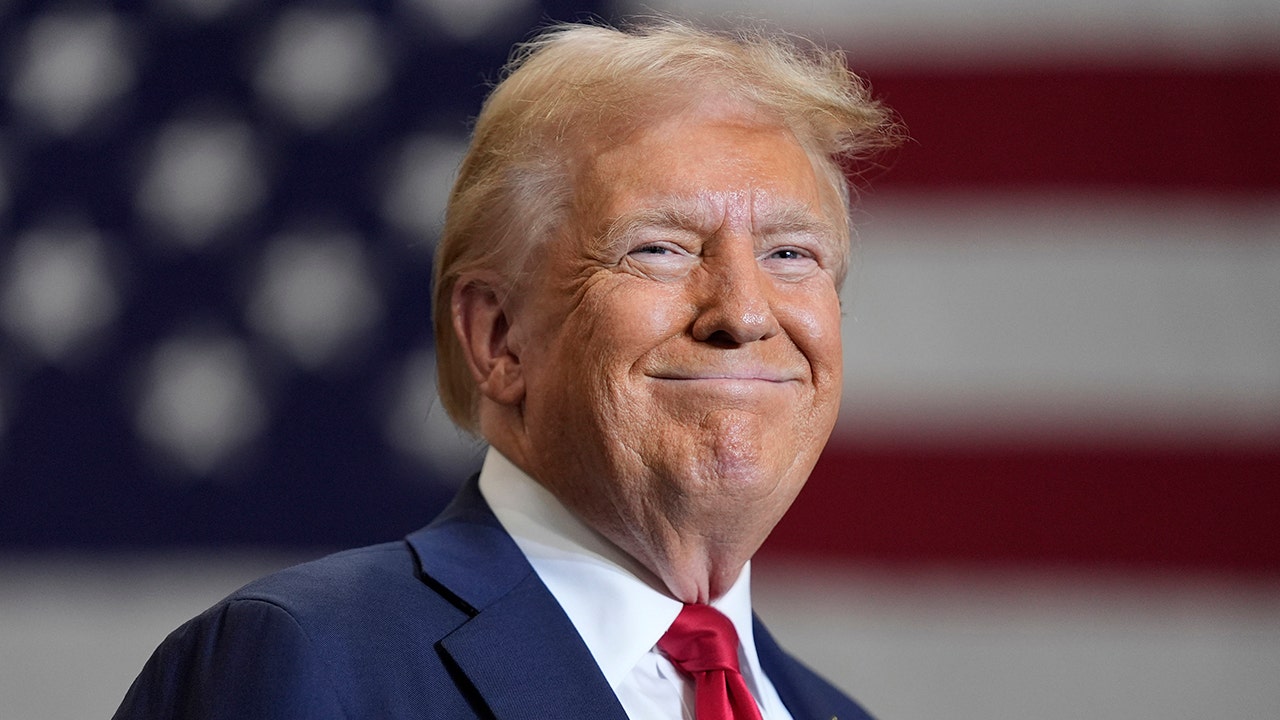Trump will appoint ‘dozens’ of judges, experts say, despite Dems ramming through nominees in lame-duck session

President-elect Donald Trump’s chances of appointing judges to the federal bench remain positive, despite Senate Democrats’ push to confirm as many of President Biden’s picks as possible. Both parties struck a midnight deal Wednesday after Republicans planned to slow down judicial confirmations earlier this week, allowing Democrats to hold votes on four district court judges in exchange for pulling four higher-tier circuit court judicial nominees.
“I’m glad that Republican senators are starting to show up to vote because some of the worst nominees are still awaiting confirmation precisely because they didn’t have adequate support,” said Carrie Severino, president of JCN. The agreement will provide Trump with four vacancies to fill, giving him the opportunity to bolster the federal bench with his own appointees.
Senate Majority Leader Chuck Schumer confirmed that six new judges were confirmed this past week alone, bringing Biden’s total number of confirmations to 220. Trump secured 234 confirmations during his first term, indicating a strong emphasis on shaping the judiciary to align with each administration’s ideals and values.
Despite the efforts to confirm Biden’s judicial picks, experts predict that circuit judges appointed primarily by former president George W. Bush will take senior status, creating additional vacancies for Trump to fill. This strategic move could provide Trump with more opportunities to shape the federal bench in his image, even in blue states where the Senate Republicans may maintain the blue slip process.
“When Trump comes into office, he’s going to have dozens more vacancies to fill,” Severino noted. “And that’s not even counting the judges who will take senior status over the next four years.” The deal reached between both parties allows for the Senate to vote on cloture on nine district court judges this week and confirm them after Thanksgiving, ensuring a swift confirmation process for Trump’s nominees.
While the Senate slowdown was spearheaded by Senate Minority Whip John Thune, R-S.D., Republicans are expected to continue to oppose and vote against Democrat-nominated judges, maintaining a level of scrutiny and oversight over the judicial confirmation process. Trump has been vocal about not wanting judicial confirmations during the lame-duck session, emphasizing the importance of appointing judges who interpret the law as written.
In conclusion, the race to confirm federal judges before the new Congress starts in January continues to be a high-stakes battle between Democrats and Republicans. With Trump’s chances of appointing judges to the federal bench remaining positive, the judiciary’s composition is likely to shift in the coming months as new vacancies are filled with appointees who align with the values and priorities of the incoming administration.




